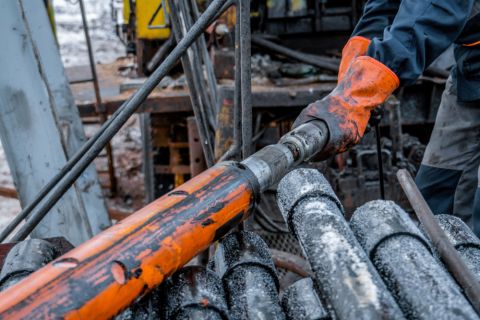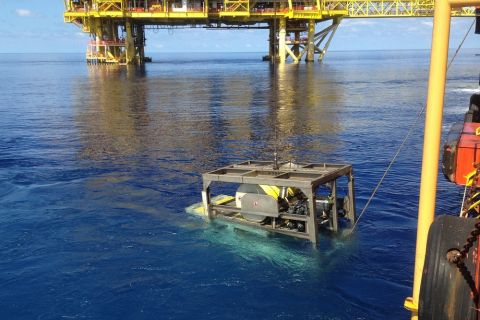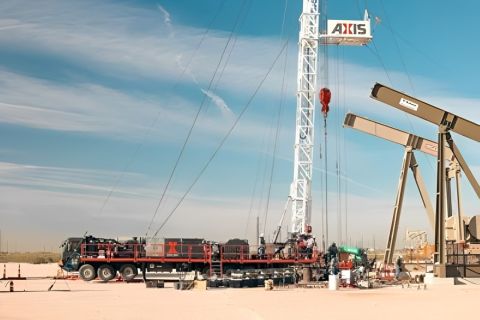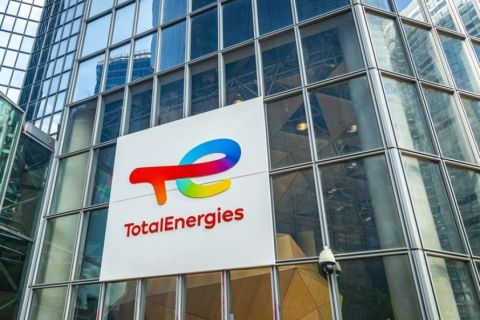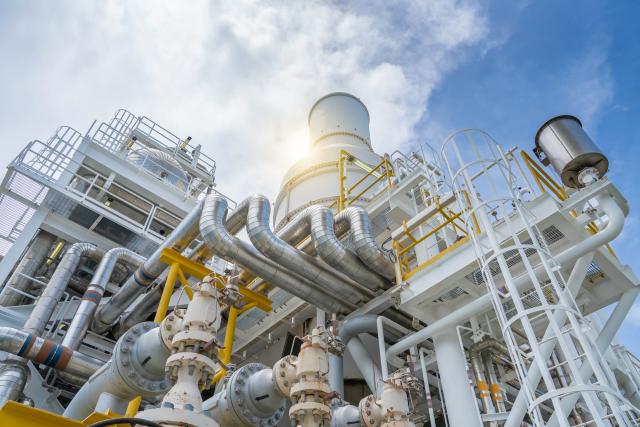
Reciprocating compressor operations represent an opportunity for significant improvements in reducing methane intensity due to the large number of compressors used in natural gas production, oil and gas well drilling, refining and chemical processing. (Source: Shutterstock.com)
Operators across all the sectors of the oil and gas industry are looking for new technologies to help them achieve net-zero greenhouse-gas emissions, with a primary focus on reducing methane emissions and flaring. Many have established targets for methane intensity, which is the amount of fugitive methane emissions as a percentage of the total gas volume produced.
Reciprocating compressor operations represent an opportunity for significant improvements in reducing methane intensity due to the large number of compressors used in natural gas production, oil and gas well drilling, refining, and chemical processing, and the large volume of fugitive emissions associated with conventional valve repair and operating inefficiency.
Zahroof StraightFlo valves reciprocating compressor valve technology provides the capability to reduce methane intensity and achieve sustainability targets for compressor operators at multiple levels by offering reduced power consumption, reduced methane emissions, reduced waste and reduced service call outs
StraightFlo compressor valves use patented Modular Reed Valve technology that allows gas to flow in a straight, unobstructed path through the valve. It operates with lower valve losses, greater efficiency and increased tolerance for entrained materials in the gas stream that otherwise limit the service life of conventional valves.
StraightFlo valves are direct replacements for conventional valves and have been proven in a wide range of reciprocating compressor applications. Their impact on methane intensity is substantial and well documented.
Multiple Avenues for Methane Reduction
Increased reliability: Approximately 36% of all unscheduled reciprocating compressor shutdowns are caused by valve issues. Each shutdown for valve repair or replacement requires blowdown and purging of the compressor and associated piping, resulting in venting or flaring substantial volumes of gas.
The design of StraightFlo valves makes them intrinsically more durable than conventional valves, increasing the Mean Time Between Failure (MTBF) of the compressor due to valve issues by 15x to 35x.
The impact of increased reliability is demonstrated by a midstream gas plant that was experiencing OEM valve failures every one to two weeks in their four residue compressors. After installing StraightFlo valves, the compressors remained in continuous operation for over 16 months, eliminating over 200 blowdown events.
Increased efficiency: Operators can reduce methane intensity by reducing the power consumption of the natural gas engine or electric motor driving the compressor. The efficiency of the StraightFlo valve design yields substantial power savings.
Conventional valves force gas to pass around internal plates, discs, and other obstructions. StraightFlo valves have a direct flow path through the valve, requiring less energy for the same volume of gas than conventional valve designs. As a result, compressors with StraightFlo valves use as much as 7% less energy (based on a typical 1,000 rpm high-speed pipeline application), which can be converted to 7% incremental throughput.
Waste reduction: StraightFlo valves may be refurbished in the field. Modules are easily replaced without special tools or skilled labor. Seats and carriers do not see wear and never need replacement. These serviceability advantages conserve resources expended in shipping and machining parts while reducing the volume of discarded material.
Reduced repairs. As discussed above, MTBF increases and field repairability eliminate multiple call outs for valve service, minimizing the miles driven by mechanics between the compressor and warehouses/machine shops, saving fuel and reducing carbon emissions.
In terms of ESG advantages, decreasing the number of miles driven by mechanics also has a social benefit. It reduces safety risks involved with transportation and decreases the number of hours spent in servicing valves on compressors located in potentially hazardous environments.
A low-carbon future
Concern over climate change has brought increased scrutiny of fugitive greenhouse gas emissions associated with oil and gas production. Failure to control these emissions, especially methane emissions, causes unnecessary harm to the environment.
At the same time, failing to reduce the industry’s environmental footprint negatively impacts public opinion and policymaking. In the continuing the debate over energy options and climate change, emission control is essential to adequately position natural gas as the cleanest-burning alternative to coal and other hydrocarbons.
A wide range of stakeholders, including regulators, fuel purchasers, environmental organizations, and financial institutions, are interested in better understanding industry-wide and company-specific emissions trends. Oil and gas companies that minimize and most effectively manage their emissions will be best positioned for a low-carbon future.
Interest has never been greater in the role compressor valves play in overall operating emissions and how StraightFlo valves are making a substantial impact in reducing those emissions and improving ESG scores.
About the author: Javvad Qasimi is the senior vice president at Zahroof Valves Inc. and has more than 18 years of industry experience in various leadership roles. Most recently, he served the energy segment as global sales and marketing director for ChampionX. Prior to that, Qasimi held roles in engineering, product management, sales and marketing with Eaton Corp. and Honeywell International.
Recommended Reading
TGS, SLB to Conduct Engagement Phase 5 in GoM
2024-02-05 - TGS and SLB’s seventh program within the joint venture involves the acquisition of 157 Outer Continental Shelf blocks.
StimStixx, Hunting Titan Partner on Well Perforation, Acidizing
2024-02-07 - The strategic partnership between StimStixx Technologies and Hunting Titan will increase well treatments and reduce costs, the companies said.
Forum Energy Signs MOU to Develop Electric ROV Thrusters
2024-03-13 - The electric thrusters for ROV systems will undergo extensive tests by Forum Energy Technologies and SAFEEN Survey & Subsea Services.
Axis Energy Deploys Fully Electric Well Service Rig
2024-03-13 - Axis Energy Services’ EPIC RIG has the ability to run on grid power for reduced emissions and increased fuel flexibility.
TotalEnergies Rolling Out Copilot for Microsoft 365
2024-02-27 - TotalEnergies’ rollout is part of the company’s digital transformation and is intended to help employees solve problems more efficiently.


